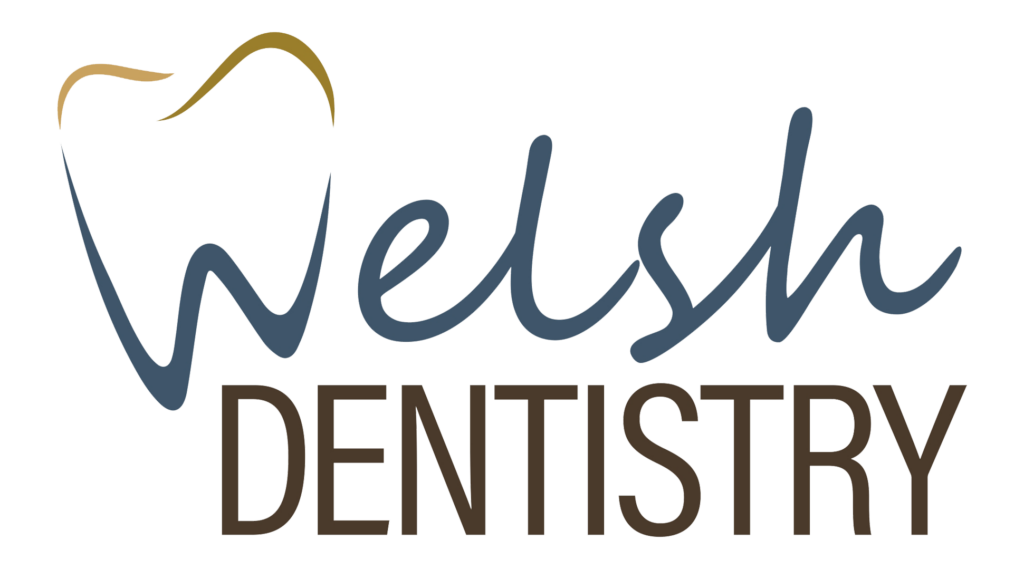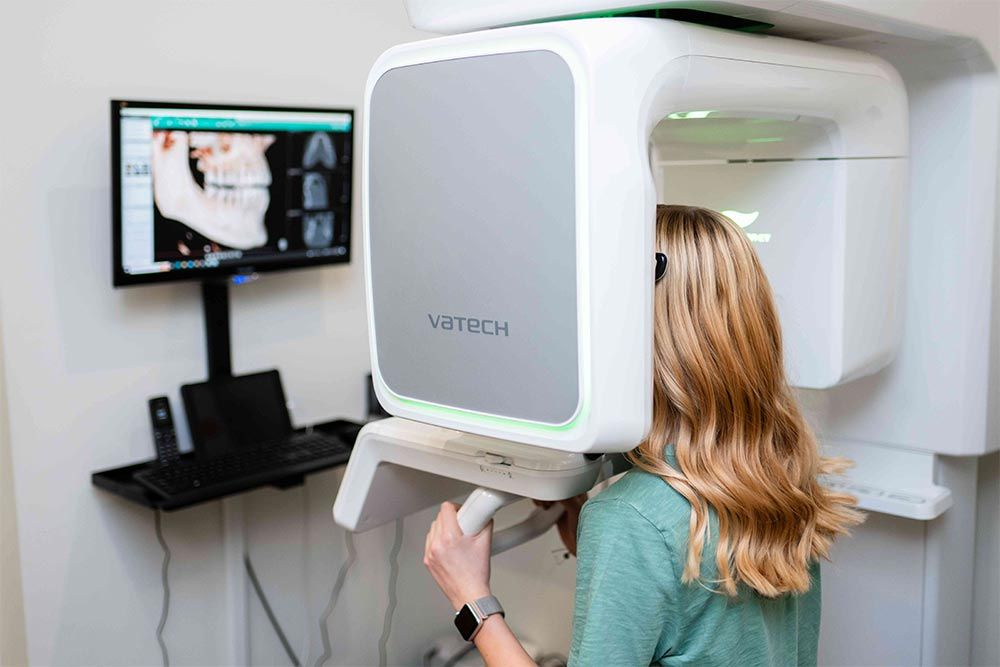At Welsh Dentistry, we understand that oral surgery may seem daunting, but rest assured, it’s a safe and effective solution for addressing a wide range of dental issues. Whether you require tooth extraction, dental implant placement, or corrective jaw surgery, our skilled team members are here to provide you with personalized care and support throughout your treatment journey.
Common Oral Surgery Procedures
- Tooth Extraction: Tooth extraction is the surgical removal of one or more teeth that are severely decayed, damaged, infected, or impacted (unable to erupt properly). Extractions may be performed under local anesthesia for simple cases or under sedation for more complex or multiple extractions.
- Dental Implant Placement: Dental implant surgery involves the placement of titanium implant posts into the jawbone to serve as artificial tooth roots for supporting dental restorations such as crowns, bridges, or dentures. Dental implants offer a durable and long-lasting solution for replacing missing teeth.
- Wisdom Teeth Removal: Wisdom teeth, also known as third molars, often require surgical removal due to impaction, crowding, or improper eruption. Wisdom teeth removal is typically performed under sedation to ensure patient comfort and minimize discomfort during the procedure.
- Oral Pathology Treatment: Oral pathology treatment involves the surgical removal of abnormal lesions, growths, or tumors within the oral cavity or adjacent structures. Oral pathology surgery may be necessary to biopsy suspicious lesions or to remove benign or malignant growths for diagnostic or therapeutic purposes.
Frequently Asked Questions
Is oral surgery painful?
Oral surgery is performed under local anesthesia, sedation, or general anesthesia to ensure your comfort during the procedure. You may experience some discomfort or swelling after surgery, which can usually be managed with pain medications and ice packs.
How long does it take to recover from oral surgery?
Recovery from oral surgery varies depending on the type and complexity of the procedure. Most patients can resume normal activities within a few days to a week after surgery, although full healing may take several weeks or months.
Are there any risks associated with oral surgery?
Like any surgical procedure, oral surgery carries some risks, including infection, bleeding, nerve damage, and complications related to anesthesia. Your dentist will discuss potential risks and complications with you before your surgery and take steps to minimize them.
Will I need to take time off work or school for oral surgery?
The amount of time you need to take off work or school depends on the type of oral surgery and your individual recovery process. Your dentistwill provide you with specific post-operative instructions and guidelines for resuming normal activities.
How can I prepare for oral surgery?
Your dentist will provide you with detailed pre-operative instructions to prepare for your surgery, including fasting instructions, medication guidelines, and transportation arrangements. Follow these instructions carefully to ensure a smooth and successful surgical experience.

